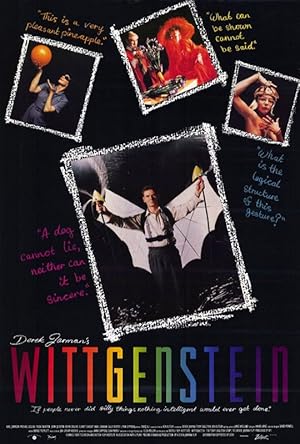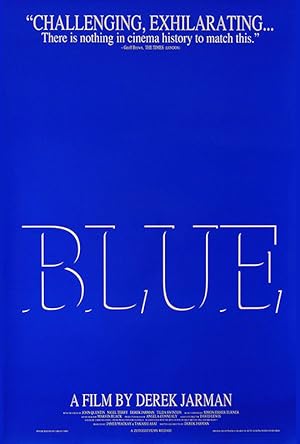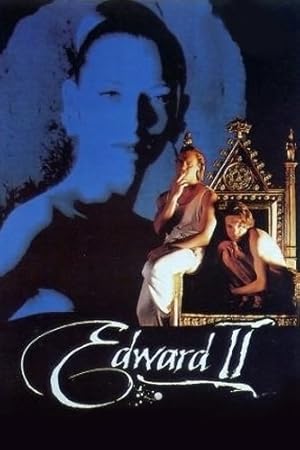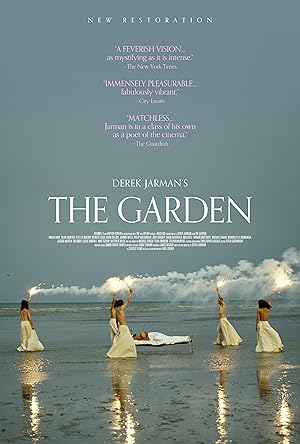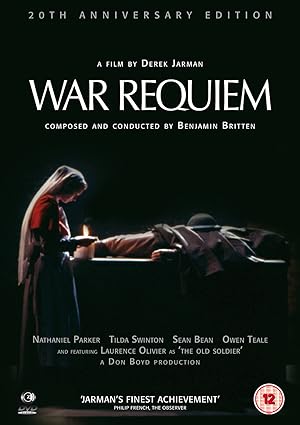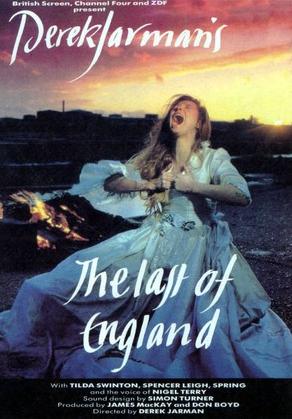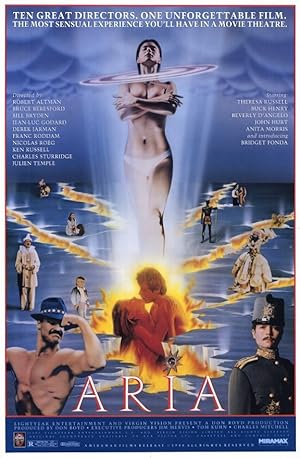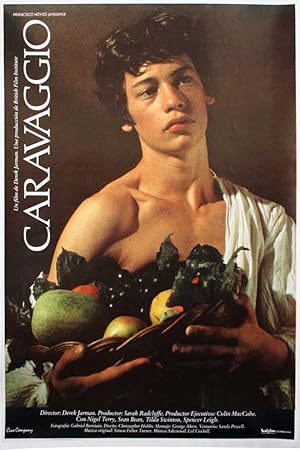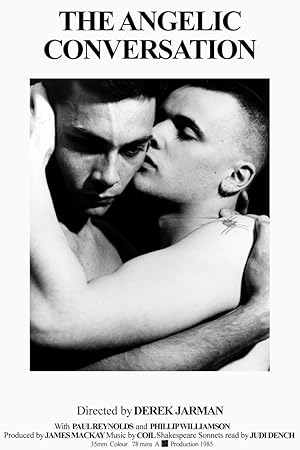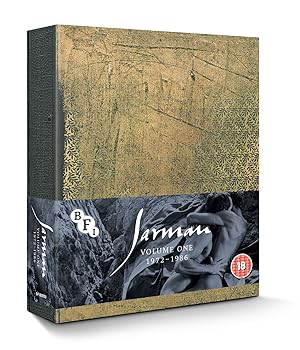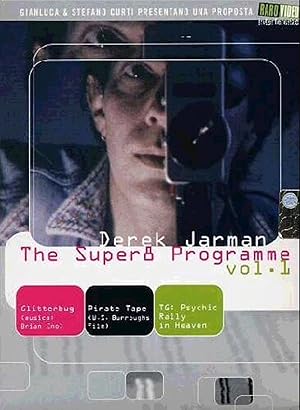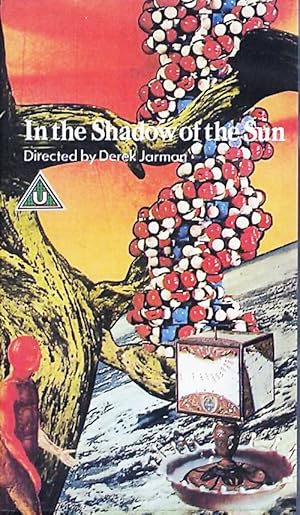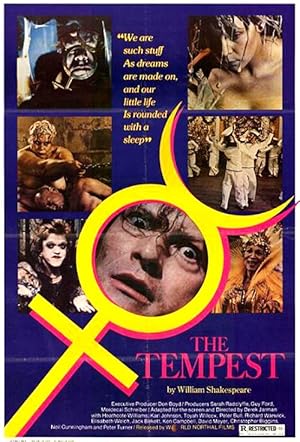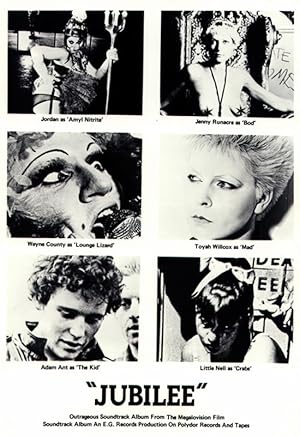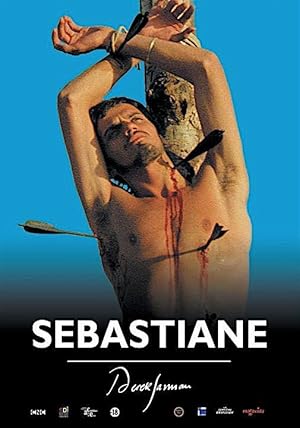Movies by Derek Jarman
Welcome to our dedicated selection of films directed by Derek Jarman. Here, you can explore a diverse range of works that highlight Derek Jarman’s unique vision, storytelling style, and contribution to the world of cinema. Whether you’re an avid fan or discovering Derek jarman’s filmography for the first time, this collection will guide you through critically acclaimed masterpieces, hidden gems, and influential titles that have shaped the director’s legacy.
Wittgenstein (1993)
1
A dramatization, in modern theatrical style, of the life and thought of the Viennese-born, Cambridge-educated philosopher Ludwig Wittgenstein, whose principal interest was the nature and limits of language. A series of sketches depict the unfolding of his life from boyhood, through the era of the first World War, to his eventual Cambridge professorship and association with Bertrand Russell and John Maynard Keynes. The emphasis in these sketches is on the exposition of the ideas of Wittgenstein, a homosexual, and an intuitive, moody, proud, and perfectionistic thinker generally regarded as a genius.
Blue (1993)
0
Against a plain, unchanging blue screen, a densely interwoven soundtrack of voices, sound effects and music attempt to convey a portrait of Derek Jarman's experiences with AIDS, both literally and allegorically, together with an exploration of the meanings associated with the colour blue.
Edward II (1991)
1
England, 14th century. King Edward II falls in love with Piers Gaveston, a young man of humble origins, whom he honors with favors and titles of nobility. The cold and jealous Queen Isabella conspires with the evil Mortimer to get rid of Gaveston, overthrow her husband and take power…
The Garden (1990)
0
A nearly wordless visual narrative intercuts two main stories and a couple of minor ones. A woman, perhaps the Madonna, brings forth her baby to a crowd of intrusive paparazzi; she tries to flee them. Two men who are lovers marry and are arrested by the powers that be. The men are mocked and pilloried, tarred, feathered, and beaten. Loose in this contemporary world of electrical-power transmission lines is also Jesus. The elements, particularly fire and water, content with political power, which is intolerant and murderous.
War Requiem (1989)
0
During World War I, British soldier Owen is mortified by the examples of cruelty that surround him in the trenches. He combats these terrifying images by maintaining hope in his love for an army nurse. But he also begins to accept his fate as another battlefield sacrifice.
The Last of England (1987)
0
The artist's personal commentary on the decline of his country in a language closer to poetry than prose. A dark meditation on London under Thatcher.
Aria (1987)
0
Ten short pieces directed by ten different directors, including Ken Russell, Jean-Luc Godard, Robert Altman, Bruce Beresford, and Nicolas Roeg. Each short uses an aria as soundtrack/sound, and is an interpretation of the particular aria.
Caravaggio (1986)
1
A retelling of the life of the celebrated 17th-century Baroque painter Michelangelo Merisi da Caravaggio through his brilliant, nearly blasphemous paintings and his flirtations with the underworld.
The Angelic Conversation (1985)
1
The Angelic Conversation is a lyrical, haunting film about a young man’s search for love in a dreamlike landscape. Its tone is set by the juxtaposition of slow moving homo-erotic images and opaque landscapes through which two men take a journey into their own desires. Offscreen, Dame Judi Dench recites a sequence of Shakespeare's sonnets that counterpoint the action. Jarman called it, “My most austere work, but also the closest to my heart.”
Pirate Tape (1983)
0
Derek Jarman's film portrait of American writer William S. Burroughs was shot in September 1982 during his first visit to England to attend the legendary Final Academy events at the South London Ritzy Cinema. These were Burroughs-themed art and performance nights curated by Psychic TV. Jarman’s film shows Burroughs on Tottenham Court Road signing autographs with fans and inside a shop buying alcohol. The industrial soundtrack by Psychic TV features a sample of Burroughs repeating "boys, school showers and swimming pools full of 'em'". Additional footage shot by Jarman during Burroughs' visit is reported to have been confiscated by
T.G.: Psychic Rally in Heaven (1981)
0
An experimental film of the group Throbbing Gristle in concert.
In the Shadow of the Sun (1981)
0
'The Shadow of the Sun' draws upon Derek Jarman’s interest with alchemical processes as a metaphor for reprocessing Super-8 film. Jarman once described film’s union of light and matter as “an alchemical conjunction” and experimented throughout his career with creating dream symbolism through the superimposition of image and action. Originally called English Apocalypse, the film’s final title is derived from a 17th Century alchemical text that used the phrase as a synonym for the philosopher’s stone – the highly sought substance that turns base metals into gold and silver. The film was intended as a step toward the idea of an ambient video,
The Tempest (1979)
0
Prospero, a potent magician, lives on a desolate isle with his virginal daughter, Miranda. He's in exile, banished from his duchy by his usurping brother and the King of Naples. Providence brings these enemies near; aided by his vassal the spirit Ariel, Prospero conjures a tempest to wreck the Italian ship. The king's son, thinking all others lost, becomes Prospero's prisoner, falling in love with Miranda and she with him. Prospero's brother and the king wander the island, as do a drunken cook and sailor, who conspire with Caliban, Prospero's beastly slave, to murder Prospero. Prospero wants reason to triumph, Ariel wants his freedom,
Jubilee (1978)
0
Queen Elizabeth I visits late 1970s England to find a depressing landscape where life has changed since her time.
Sebastiane (1976)
1
Rome, AD 303. Emperor Diocletian demotes his favourite, Sebastian, from captain of the palace guard to the rank of common soldier and banishes him to a remote coastal outpost where his fellow soldiers, weakened by their desires, turn to homosexual activities to satisfy their needs. Sebastian becomes the target of lust for the officer Severus, but repeatedly rejects the man's advances. Castigated for his Christian faith, he is tortured, humiliated and ultimately killed.
